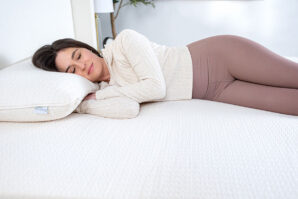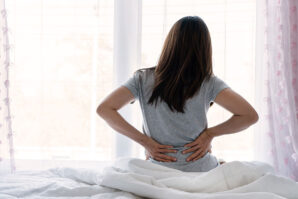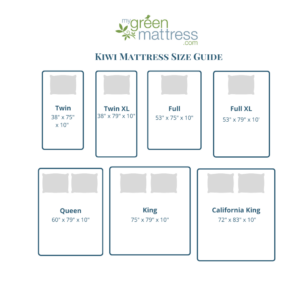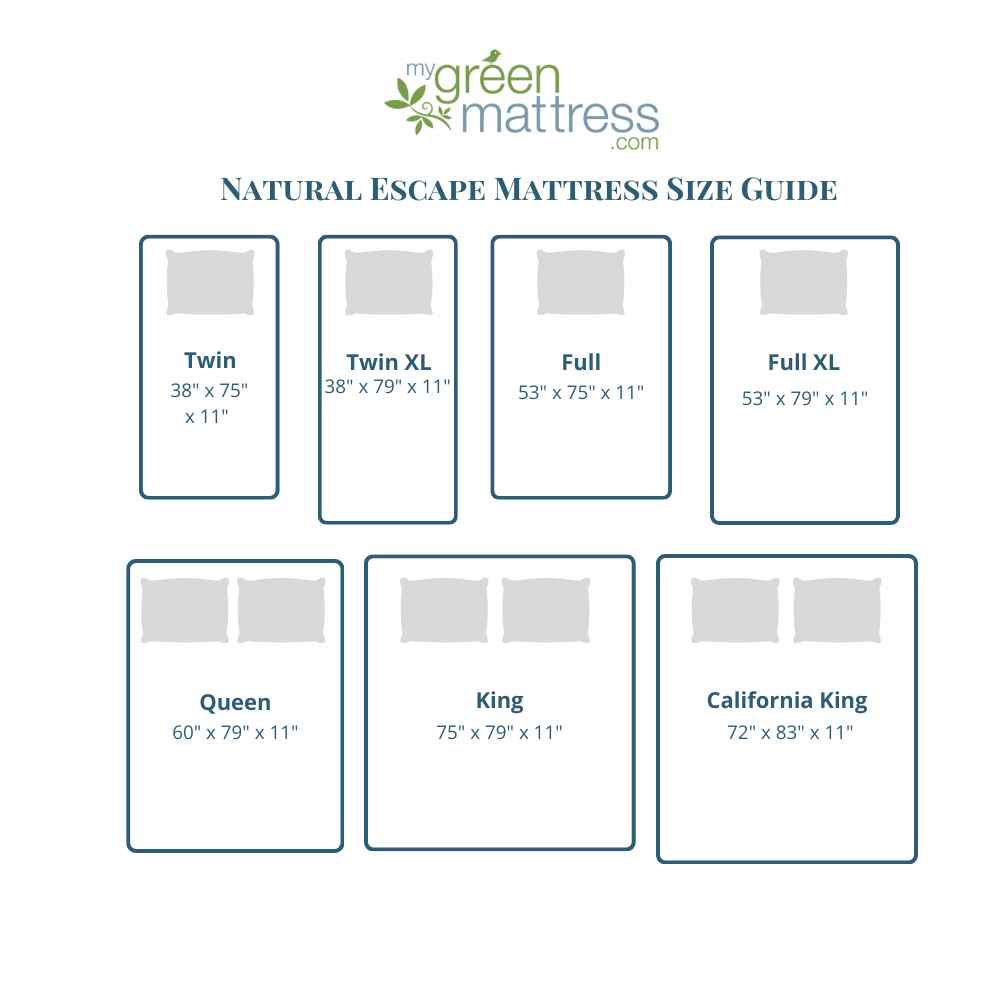Is there anything better than a fresh brewed cup of coffee first thing in the morning? You need to wake up and get moving and a delicious caffeine boost is the perfect way to do it. It’s not a permanent solution, but it will do the trick until you take your lunch break. It’s become a part of your daily routine and you don’t even think about it much anymore. After all, if it works for you, why change it?
If this sounds like you, you may want to alter your mindset. There are actually quite a few reasons why you should limit your consumption of caffeine, the most important being your sleep cycle. Even if you don’t consume caffeinated products in the evening, it can still have affect your quality of sleep. Take a moment to read about coffee and sleep, and everything else you may be wondering about the connection between the two.
How Caffeine Works
Your brain is constantly sending signals to the rest of your body. It tells you when you need to eat, when you’re cold, and when you need sleep. Adenosine is a chemical that your brain produces that slows down your neural activity. This will give you the sleepy feeling that tells you it’s time to turn in for the night.
Caffeine works to block adenosine from binding to the receptors in your brain. This will temporarily make you feel more alert. Since caffeine does not occur in the body naturally, it will eventually fade and the adenosine will go back to doing its job.
There is no replacement for knowing how to sleep better, but caffeine does have the ability to make people believe they don’t need as much. After all, if you go to sleep late, you can just get an extra strong espresso in the morning, right? Sadly, this is not the case. More caffeine will give you a bigger jolt, but you risk a more noticeable crash as well. When it comes to sleep, there’s nothing that’s a suitable replacement.
The Sleep You Need
Building positive sleep habits and knowing how much sleep you should get is essential for quality rest. Your body goes through sleep cycles that can be broken down into two parts. The first is non-rapid eye movement (NREM) and the second is, of course, rapid eye movement (REM).
The most important part of your sleep cycle takes place during REM sleep. For a portion of this time you will fall into a very deep sleep which is responsible for a major part of restoring and refreshing your body. While caffeine will not lessen the time of your REM cycle, it can have an effect of the deeper portion of your slumber.
One study found that even if your caffeine consumption is hours before your bedtime, you can still experience the adverse effects. Test subjects that consumed caffeine up to six hours before they went to sleep saw their overall sleep time reduced by about one hour. It is recommended that you limit your intake to the morning and early afternoon. Ideally, you would not want any caffeine past two in the afternoon. It might be a difficult adjustment for some, but in the long run you’ll wonder why you ever needed it in the first place.
Caffeine Dependency
For those of you who cannot seem to go a day without your morning java, you may be affecting your sleep without even knowing it. Caffeine dependency grows slowly but surely and makes it harder to calm your thoughts before bed.
While many people leave the coffee for first thing in the morning, the reliance on the substance could be detrimental to your health. To know if you have become dependent on caffeine, simply discontinue your use for a day. If you experience headaches, low energy levels, and increased irritability, you may want to think twice about your daily fix.
You could be stuck in a cycle that is difficult to break free from. Many people, especially those who suffer from insomnia and other sleep disorders, use caffeine as a crutch because they feel as though they cannot get a good night’s sleep. The caffeine itself may be taking a toll on their sleep patterns which, in turn, leads them to need a boost even more. Putting a stop to caffeine dependency is not easy, but in the end it will drastically improve your life.
We all need a little help waking up in the morning. A quick cappuccino or an energy drink is fine as long as it’s taken in moderation. Pay attention to your nighttime routine, especially if you need to make changes to sleep better during the day when working nights. If you have trouble falling asleep or staying asleep, caffeine could be keeping you from the quality rest you need to function on a daily basis.
Take the time to make your morning jolt a helpful friend rather than a substance you’ve come to depend on. Healthy, natural sleep is exactly what you need to feel completely rested when you wake up each morning. If sleep troubles persist no matter what holistic measures you’ve taken, consider participating in a sleep study, which can uncover patterns you likely aren’t spotting on your own.
For the healthiest mattress to sleep on without the over-the-top price tag, shop our products today. From organic materials to eco-friendly products, you’ll be able to find everything you need to make kicking your caffeine habit that much easier.









